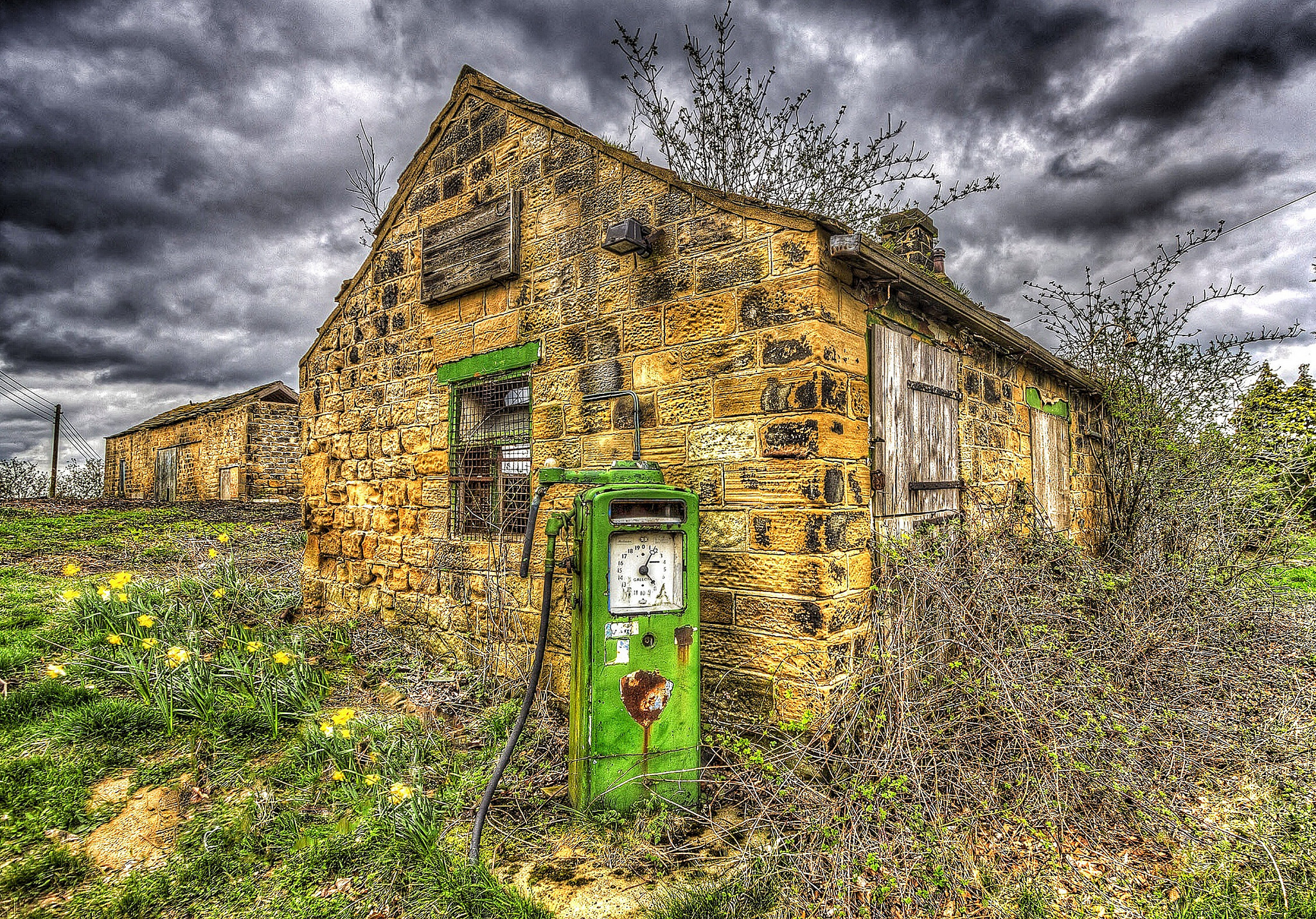Lease Options are commonly seen in California. The agreement gives the tenant an irrevocable right to buy the property under certain conditions, and usually have restrictions based on tenant defaults. Sacramento real estate attorneys most often see issues arise regarding how the option is exercised, tender of the option price, and what the purchase price will be. Easiest is when the option specifies the purchase price or provides an easy formula to determine it. More contentious is setting the price at ‘fair market value,’ because buyers and sellers seldom agree, and an expensive process of multiple appraisals may be required, along with court intervention. Such was the situation in a recent decision concerning a commercial property.
 In Petrolink, Inc. v Lantel Enterprises, The parties had entered a lease concerning a gas station at Cajon Junction in San Bernardino County. The original lease was with Tosco, so it probably involved the 76 station now visible on Google maps. The Lease gave the tenant the right (or option) to buy the property at “fair market value.” The provision stated:
In Petrolink, Inc. v Lantel Enterprises, The parties had entered a lease concerning a gas station at Cajon Junction in San Bernardino County. The original lease was with Tosco, so it probably involved the 76 station now visible on Google maps. The Lease gave the tenant the right (or option) to buy the property at “fair market value.” The provision stated:
“21. RIGHT TO PURCHASE. As long as the Tenant is not in default of this Agreement, Tenant will have an option to purchase the property at any time after the first Ten (10) years of the lease term at a price equal to the fair market value of the property based on an appraisal.”
 California Real Estate Lawyers Blog
California Real Estate Lawyers Blog












